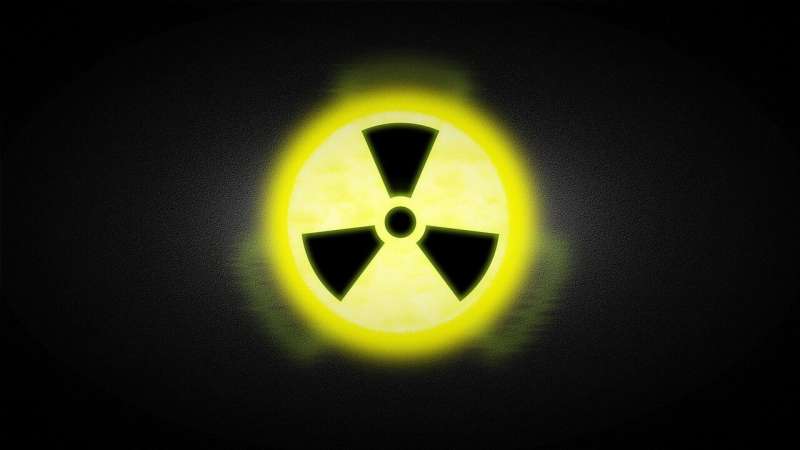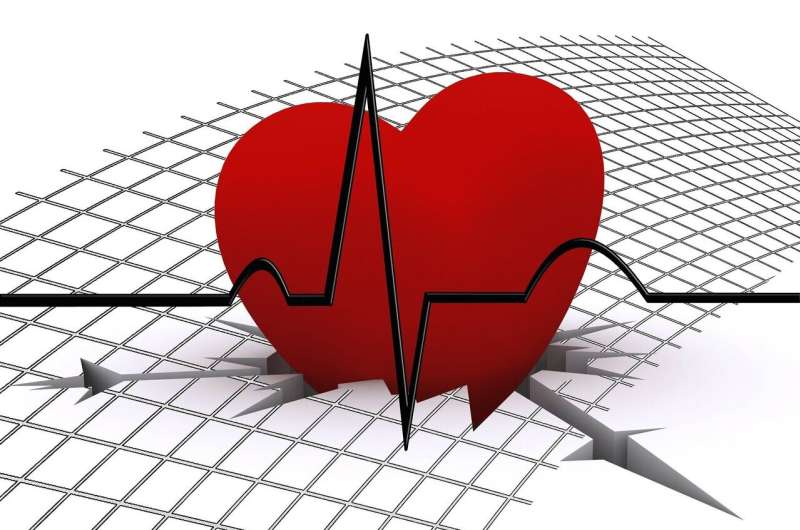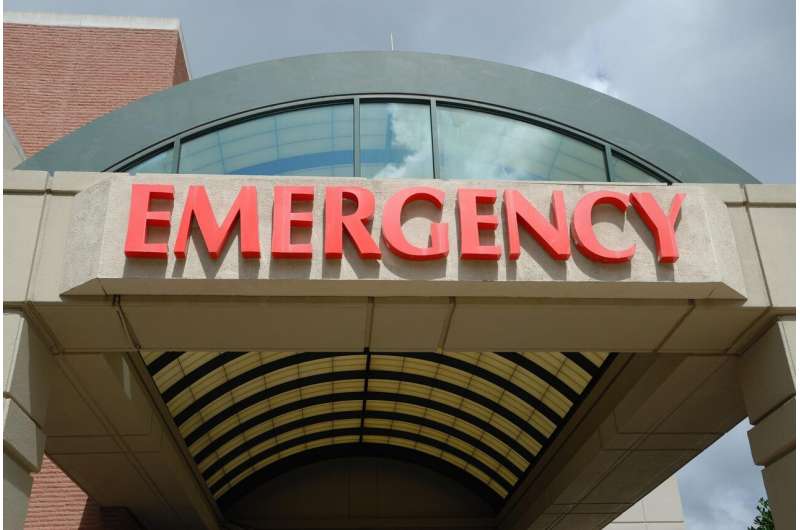Childhood Exposure Near Coldwater Creek in St. Louis Linked to Increased Cancer Risk

Living near Coldwater Creek in St. Louis during childhood has been associated with a higher risk of developing various cancers, highlighting the long-term health impacts of environmental radiation exposure from nuclear waste contamination.
Recent research conducted by Harvard T.H. Chan School of Public Health reveals a significant link between living near Coldwater Creek, a tributary of the Missouri River north of St. Louis, during childhood, and an increased risk of developing various cancers. Coldwater Creek was contaminated with nuclear waste from the early development of atomic bombs, raising longstanding health concerns within the local community.
The study, titled "Cancer Incidence and Childhood Residence Near the Coldwater Creek Radioactive Waste Site," analyzed data from a cohort of individuals who resided in the Greater St. Louis area between 1958 and 1972. These participants had donated their baby teeth since 1958 to measure radiation exposure from atmospheric nuclear testing. By examining self-reported cancer cases alongside proximity to Coldwater Creek, researchers identified a clear dose-response relationship—those living closer to the creek faced higher cancer risks.
Specifically, among 4,209 participants, 24% reported having cancer. Individuals living less than one kilometer from Coldwater Creek had a 44% higher risk of any cancer compared to those residing over 20 kilometers away. The increased risks were particularly notable for solid tumors, radiosensitive cancers such as thyroid, breast, leukemia, and basal cell cancers, which were 85% higher among those living closest to the creek. The findings suggest that even low-to-moderate radiation exposure from environmental contamination can contribute to cancer development.
This study's findings align with concerns about the long-term health impacts of nuclear waste and environmental radiation exposure. It coincides with legislative efforts, including the expanded Radiation Exposure Compensation Act (RECA), allowing affected residents to seek compensation for radiation-related medical expenses.
The researchers emphasize that their results may have broader implications, especially as nations consider expanding nuclear energy and weapon programs. The waste generated from these activities could pose health risks to communities, even at lower exposure levels. Lead author Marc Weisskopf from Harvard warns that more attention should be given to long-term health monitoring of populations residing near contaminated sites.
Other contributors to the study include Michael Leung, Ian Tang, Joyce Lin, Lorelei Mucci, Justin Farmer, and Kaleigh McAlaine. The full study is published in JAMA Network Open.
This research underscores the importance of environmental health vigilance and may inform future policies aimed at reducing community exposure to nuclear waste and radioactive materials.
Stay Updated with Mia's Feed
Get the latest health & wellness insights delivered straight to your inbox.
Related Articles
Global Burden of Cardiovascular Diseases Surges, Causing 1 in 3 Deaths in 2023
A new report reveals that cardiovascular diseases caused one in three deaths worldwide in 2023, with modifiable risk factors fueling the ongoing rise in CVD burden across the globe.
Enhanced Diagnostic Measures Needed for Childhood Sepsis Detection
New research demonstrates the need for more accurate diagnostic measures to improve early detection of sepsis in children, potentially saving lives through timely treatment.
Innovative Weekly Injectable Treatment Could Replace Daily Pills for Parkinson's Patients
Scientists have developed a weekly injectable treatment promising to replace daily pills for Parkinson's disease, potentially transforming management and improving patients' quality of life.
Innovative Growth-Compatible Heart Valve Shows Promise in Preclinical Trials for Young Children
A groundbreaking transcatheter heart valve developed at UC Irvine shows promising results in preclinical trials, potentially transforming early treatment for young children with congenital heart defects.



